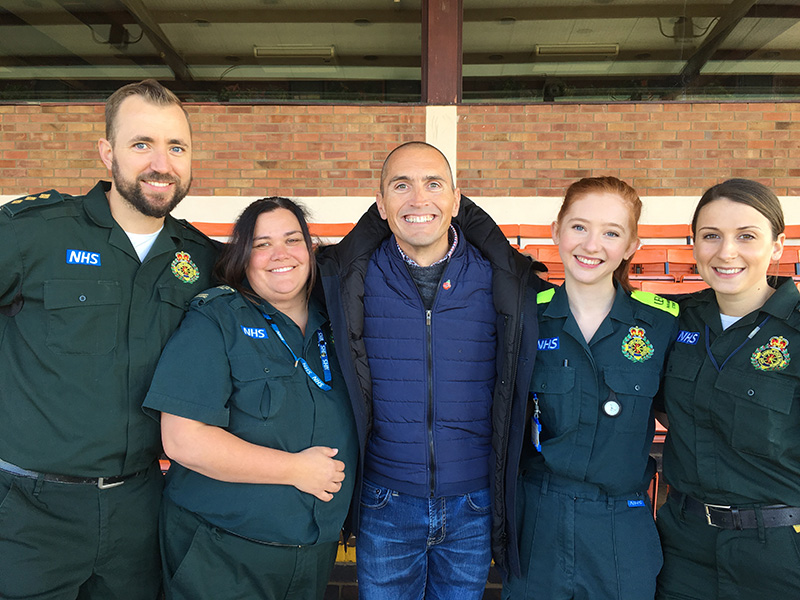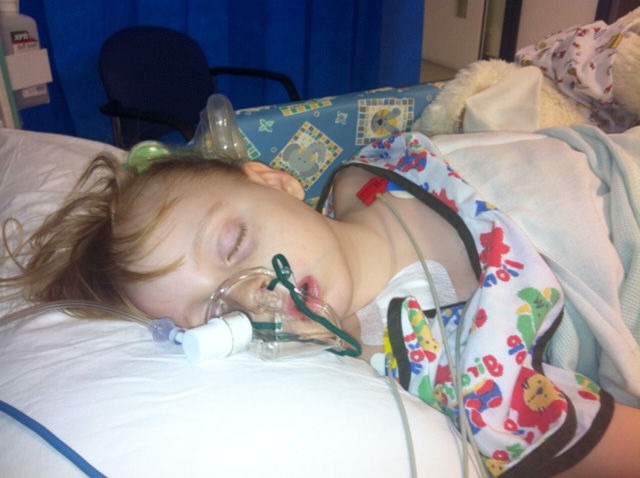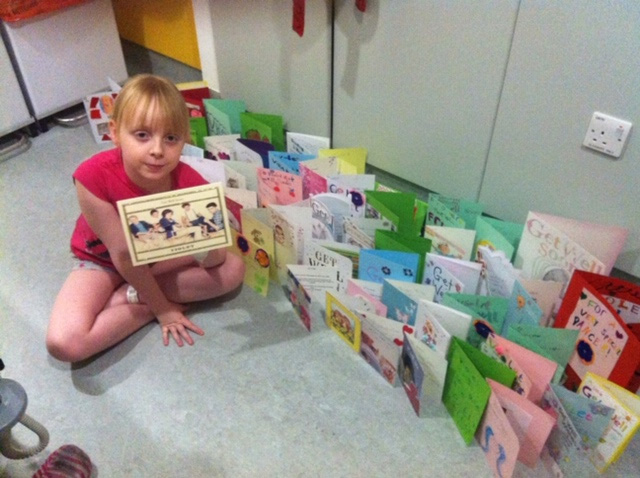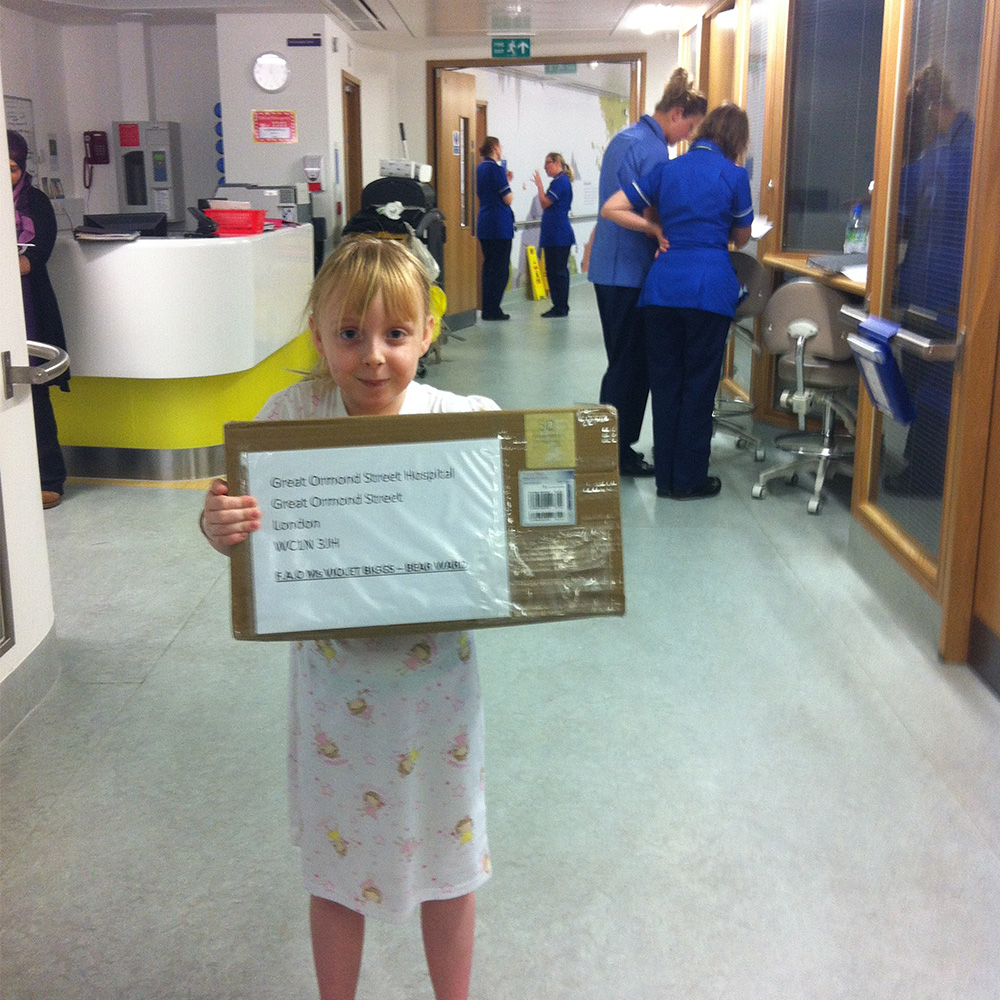READ VIOLET'S STORY
On Saturday 23rd February 2013 our healthy 7 year old daughter Violet had a sudden cardiac arrest at home, whilst she was sleeping. I heard her cough upstairs, it was 11pm and still to this day I don’t know why I went upstairs, fate I believe. What faced me was every parent’s worst nightmare. Violet had stopped breathing, my husband Tony and I performed CPR on her for 7 minutes, that’s how long it took for the paramedics to get to our house. As they entered Violets bedroom she was in full VF and was dead in front of our eyes. They shocked her with a defibrillator and then performed CPR for a further 2 minutes and she came back to us, all our lives had changed in seconds.
We were then transferred to Great Ormond Street Hospital via ambulance, where we were to spend nearly a month there.
After many tests and scans, it was concluded that Violet had Long QT Syndrome and would need to have an Implantable Cardio Defibrillator (ICD) fitted. We had never heard of this, let alone an ICD. Long QT Syndrome is an inherited heart condition and is a disorder of the heart’s electrical activity. It can cause sudden, uncontrollable, dangerous arrhythmia, which can be fatal. The ICD is a small device that’s placed in the chest. The ICD uses electrical pulses or shocks to help control life threatening arrhythmias, especially those that can cause sudden death.
You just don’t know what is around that corner and this is why I want everyone to have the chance of survival with as many defibrillators as possible I can place.
read luke's story
Luke was in the industry for 25 years working for Xerox, CE and Integra. In 2008 he founded The BP Group and latterly expanded this into the USA and joined Highlands group. In April 2017, Luke suffered an out of hospital cardiac arrest whilst at a family event at Yarmouth Greyhound stadium. Luke’s son called 999 whilst his sister-in-law Rebecca, an NHS physiotherapist, started CPR. She was supported by Richard Greenwood (an Advanced Specialist Radiographer) who was at the venue and began Chest compressions. Although both work for the NHS, neither had ever performed CPR before. With Luke’s life hanging in the balance, they worked while waiting for the paramedics.
The East England Ambulance paramedic Harriet Sutherland and University of East Anglia (UEA) student paramedic Sophie Murgatroyd arrived to treat him. The East Anglian Air Ambulance was also dispatched. Luke was shocked three times by a defibrillator and, incredibly, was then sitting up soon after the third shock. He had been clinically dead for 10 minutes.
It’s been a difficult path to where Luke is today. He’s had to give up his role as a business consultant due to complications from this episode, and although he still finds himself physically exhausted at times, Luke’s full of optimism and gratitude. His Life is now limited, but not over! He is passionate on driving improvement in the confidence and use of CPR and Defibs to help save more lives.





